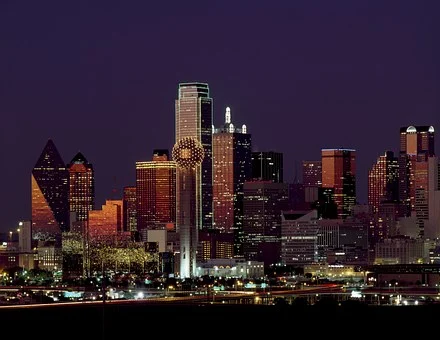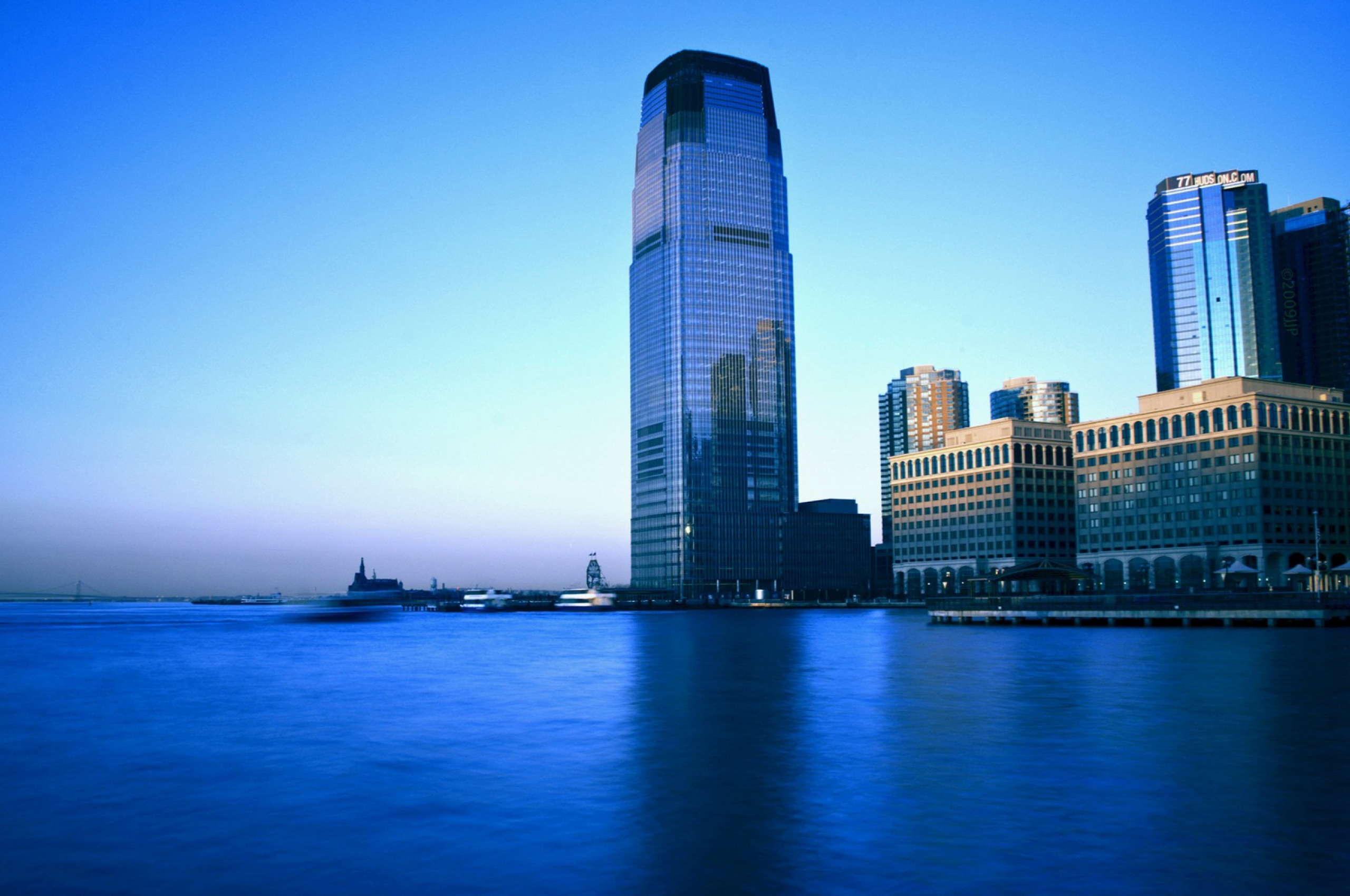Birmingham, AL
Birmingham ( BUR-ming-ham) is a city in the north central region of Alabama. Birmingham is the seat of Jefferson County, Alabama's most populous county. As of the 2022 census estimates, Birmingham had a population of 196,910, down 2% from the 2020 census, making it Alabama's third-most populous city after Huntsville and Montgomery. The broader Birmingham metropolitan area had a 2020 population of 1,115,289, and is the largest metropolitan area in Alabama as well as the 50th-most populous in the United States. Birmingham serves as an important regional hub and is associated with the Deep South, Piedmont, and Appalachian regions of the nation.
Birmingham was founded in 1871, during the post–Civil War Reconstruction period, through the merger of three pre-existing farm towns, notably, Elyton. It grew from there, annexing many more of its smaller neighbors, into an industrial and railroad transportation center with a focus on mining, the iron and steel industry, and railroading. Birmingham was named after Birmingham, England, one of the UK's major industrial cities. Most of the original settlers who founded Birmingham were of English ancestry. The city may have been planned as a place where cheap, non-unionized, and often African-American labor from rural Alabama could be employed in the city's steel mills and blast furnaces, giving it a competitive advantage over industrial cities in the Midwest and Northeast.From its founding through the end of the 1960s, Birmingham was a primary industrial center of the South. The pace of Birmingham's growth during the period from 1881 through 1920 earned its nicknames The Magic City and The Pittsburgh of the South. Much like Pittsburgh, Birmingham's major industries were iron and steel production, plus a major component of the railroading industry, where rails and railroad cars were both manufactured in Birmingham. In the field of railroading, the two primary hubs of railroading in the Deep South were nearby Atlanta and Birmingham, beginning in the 1860s and continuing through to the present day. The economy diversified during the later half of the twentieth century. Though the manufacturing industry maintains a strong presence in Birmingham, other businesses and industries such as banking, telecommunications, transportation, electrical power transmission, medical care, college education, and insurance have risen in stature. Mining in the Birmingham area is no longer a major industry with the exception of coal mining. Birmingham ranks as one of the most important business centers in the Southeastern United States and is also one of the largest banking centers in the United States. In addition, the Birmingham area serves as headquarters to two Fortune 500 companies: Regions Financial and Vulcan Materials Company, along with multiple other Fortune 1000 companies.
In higher education, Birmingham has been the location of the University of Alabama at Birmingham School of Medicine (formerly the Medical College of Alabama) and the University of Alabama at Birmingham School of Dentistry since 1947. In 1969 the University of Alabama at Birmingham was established, one of three main campuses of the University of Alabama System. Birmingham is also home to three private institutions: Samford University, Birmingham-Southern College, and Miles College. Between these colleges and universities, the Birmingham area has major colleges of medicine, dentistry, optometry, pharmacy, law, engineering, and nursing. Birmingham is also the headquarters of the Southeastern Conference, one of the major U.S. collegiate athletic conferences.








